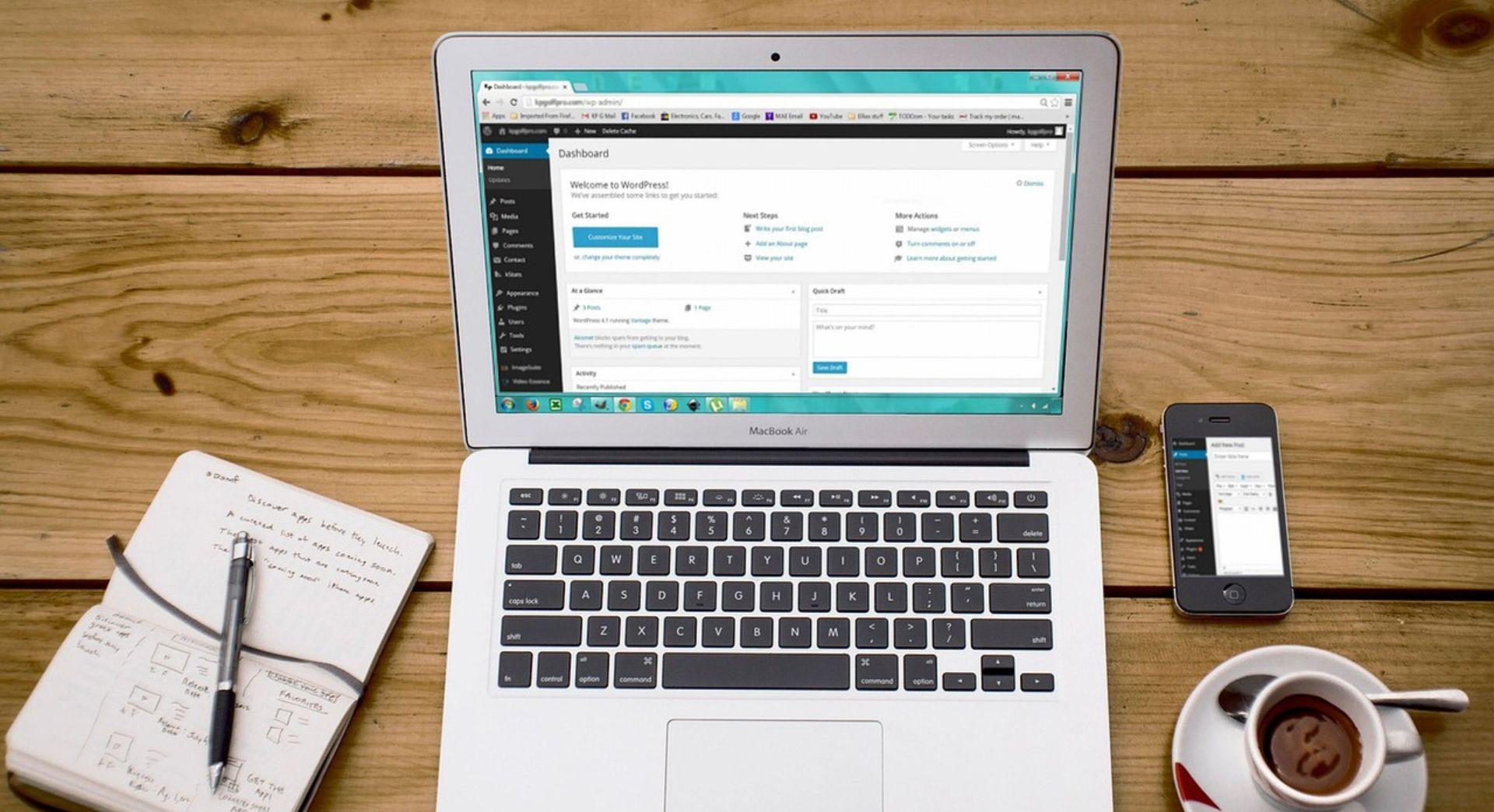Need some ideas on how you can get to grips with a business reality which is very different from the one we're familiar with? Read on.
Editor's note: GoDaddy is running a series of free Back to Business webinars in the coming months.
The dates are:
M1 Corridor (Northamptonshire) – 10am 8.10.20 – Register here.
South East (Southampton) – 10am 20.10.20 – Register here.
London – 10am 3.11.20 – Register here.
Manchester Metropolitan Area – 10am 17.11.20 – Register here.
1 Diversify your business
Many businesses adapted to the lockdown by offering delivery, by providing in-person services via video calls, or by adding something else new to the mix.
It might be tempting to see this as a one-off shift and conclude that if you haven't already diversified your business, you've missed the boat.
But the truth is that if there's a demand for something your business can provide, it may well make sense for you to add it to your offering permanently.
For example, online yoga classes became popular during lockdown and it's likely that at least some of that demand will remain even after in-person classes become viable again.
Many food and drink outlets began offering local delivery over the past few months and, again, it's likely that desire for such a service will remain.
If you can ascertain that there's demand for a product or service you're able to offer, it makes sense to add it to the mix.
2 Reconnect (and stay connected) with customers
If things have been quiet for your business over the last few months, you probably haven't had much to say to your customers.
So don't forget to get back in the habit of letting your customers know what's happening with your business.
Some important things to communicate to your customers include:
- Reopening details
- Opening hours (particularly if these have changed)
- Details of new products/services
- Changes to on-premises customer experience (such as social distancing and hygiene measures)
- Special offers
Make sure you communicate with your customers across as many channels as possible, including updating your website with relevant information.
Email is a great way to let people know what's going on with your business, but you need to have built up an email marketing list first.
If you already have a list, don't forget to use it to let customers know what's happening with your business.
If you don't have a list, look to start building one as it will come in handy for future communications.
You can learn how to get started with email marketing in this guide.
This guide explains how you can keep customers up to date with businesses changes via social media.
3 Seek out support from fellow business owners
Sometimes running a business can make it feel like you're all on your own, but it doesn't have to be that way.
Seeking support from other business owners (or a specialist advisor) can help you cope with the challenges you face. It could even present new ideas and opportunities you may have otherwise missed out on.
If you're looking to join a group of local business owners, the British Chambers of Commerce is a good place to start. The Federation of Small Businesses can also help.
You may also find that there are other, more informal, business support groups operating in your local area, which is part of the reason it makes sense to build your network.
You can read more about why business support groups matter here.
4 Evaluate your financial position and cashflow
2020 has been a challenging year for many businesses and although financial support has been available, it hasn't changed the fact that times have been tough.
Now, as you adapt to new ways of doing business, is a good time to evaluate your financial position and cashflow situation and to assess any future risks your business may face.
If you join a business support group, you may find that they're able to help you understand your financial position, or at least put you in touch with someone who can.
5 Make the most of your local credentials
Lockdown meant people spent more time closer to home and as a result were more inclined to explore businesses that are local to them.
This in turn built a sense of community, which helped everyone cope during a tough time.
And you can keep building on those new relationships.
Explore ways you can continue to support your community both now and in the future. By doing so, you'll make a positive difference to the lives of those around you and that will put you front of mind for people local to your business.
6 Plan for future uncertainty
2020 has been a year of uncertainty and although it feels like things are slowly becoming more normal, it will be some time yet before a feel of stability returns.
This means that businesses everywhere are faced with the unenviable task of planning for further future uncertainty.
Obviously the very nature of uncertainty makes it difficult to plan for, but you should still try address issues such as "what will we do if our business is affected by a local lockdown?" and "what are my business aims for 2021?".
If you haven't already done so, you may want to update your business continuity plan (or create one).
You'll probably find that a lot of your planning stems from the work you've done to understand your financial and cashflow situation.
It's also likely that any support group you've joined will be able to help you out with your planning.
You can learn more about business continuity planning in this guide.
7 Join us for our Back to Business webinars
GoDaddy is here to support you as you look to get back to business. And as part of that support, we're running a series of webniars on the theme of Back to Business.
The webinars will take the form of a virtual roadshow, with each one focusing on a specific area of the UK.
M1 Corridor (Northamptonshire) – 10am 8.10.20 – Register here.
South East (Southampton) – 10am 20.10.20 – Register here.
London – 10am 3.11.20 – Register here.
Manchester Metropolitan Area – 10am 17.11.20 – Register here.






